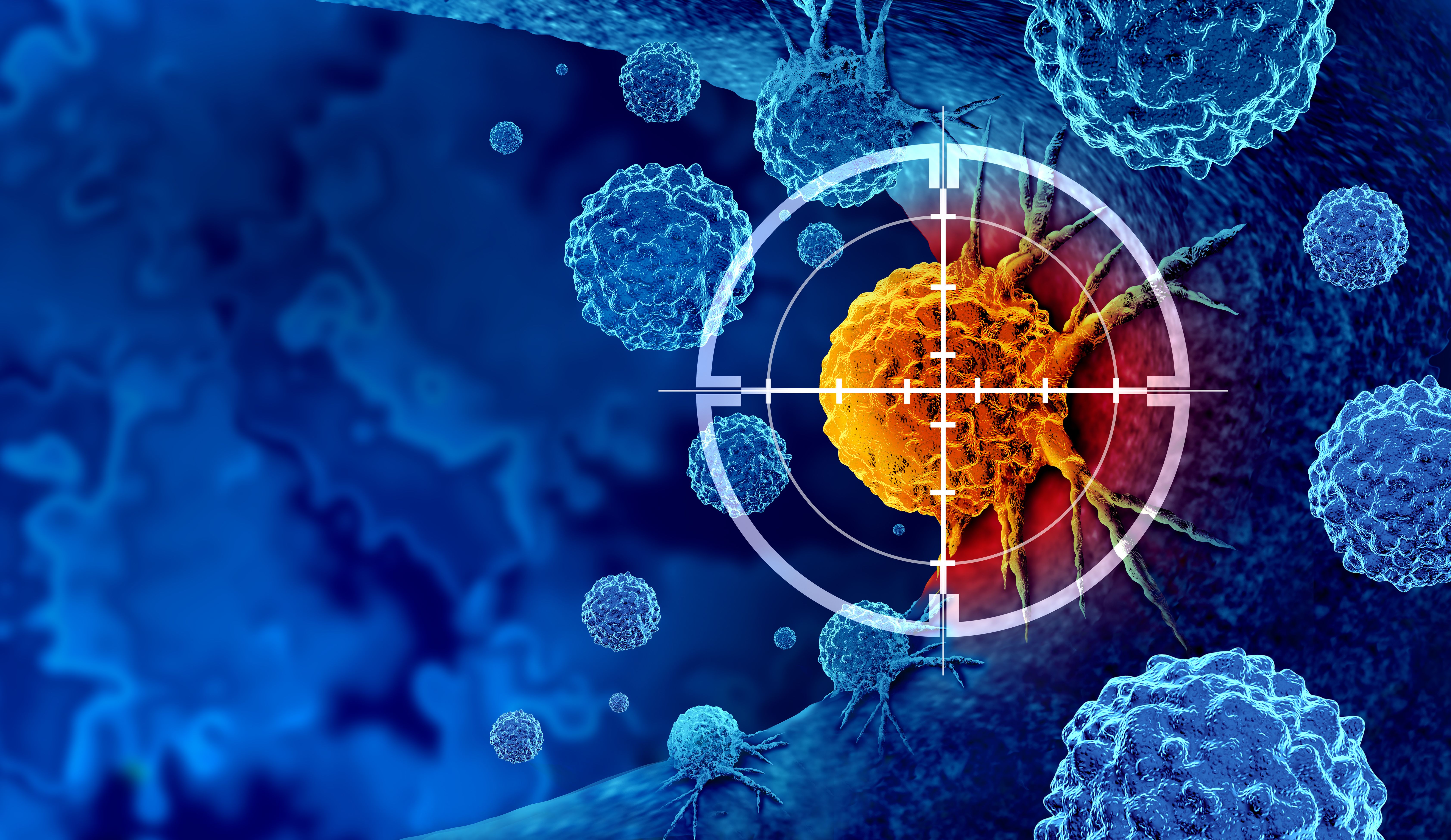- Bone Health
- Immunology
- Hematology
- Respiratory
- Dermatology
- Diabetes
- Gastroenterology
- Neurology
- Oncology
- Ophthalmology
- Rare Disease
- Rheumatology
Financial Incentives Boost Oncology Biosimilar Adoption, but Costs Remain Unchanged
Although financial incentives introduced by Japan's 2022 health policy did not result in a reduction in overall drug costs, biosimilar use in oncology significantly increased.
Financial incentives introduced by Japan's 2022 health policy significantly increased biosimilar prescriptions in oncology, demonstrating their effectiveness in promoting cost-saving treatments, according to a recent study.1
The study, published in PLoS One, sought to determine whether these incentives affected prescribing patterns, particularly whether prescribers would be more inclined to use biosimilars over originators. Researchers relied on Japanese administrative data from 114 hospitals, 63 of which were eligible for financial incentives.
Biosimilars for filgrastim, pegfilgrastim, bevacizumab, rituximab, and trastuzumab are commonly used in patients with cancer around the world. | Image credit: freshidea - stock.adobe.com

Biologic drugs are integral to treating cancer, yet their high costs place significant financial pressure on health care systems worldwide. In 2019, 27% of new cancer drug approvals in the European Union, US, and Japan were biologics, highlighting their widespread adoption despite their expense.2 Biosimilars are projected to save over $110 billion in health care costs globally by 2029.3 However, skepticism among medical professionals, limited patient awareness, and systemic barriers prevent their utilization.
To promote biosimilar usage, several countries have reexamined pricing systems and focused on educating clinicians and patients about their benefits. In Japan, the government introduced the Basic Policy on Economic and Fiscal Management and Reform in 2021, emphasizing medical cost optimization through biosimilar use.1 Building on this, in April 2022, the Ministry of Health, Labour, and Welfare implemented a policy offering hospitals a financial incentive of 1500 JPY (US$9.66) per patient per month for up to 3 months to encourage the initiation or switching of chemotherapy with biosimilars such as rituximab, trastuzumab, and bevacizumab. While the policy aims to increase biosimilar adoption in oncology and alleviate health care costs, its impact on prescription patterns remains underexplored, prompting further research into its effectiveness.
This study used a quasi-experimental method to analyze data from the Quality Indicator/Improvement Project, encompassing over 500 acute care hospitals in Japan. Researchers examined individuals with cancer diagnoses receiving chemotherapy from April 2020 to March 2023, analyzing monthly biosimilar prescription rates compared to reference products and associated costs. Hospitals eligible for financial incentives were required to meet strict criteria, including specialized staffing, emergency care readiness, and patient education on the safety and efficacy of biosimilars.
The present study included 27,737 patients. Hospitals eligible for incentives had more beds and treated more patients than ineligible hospitals. Over the study period, the average proportion of prescriptions for biosimilar products (rituximab, trastuzumab, and bevacizumab) increased gradually in both eligible and ineligible hospitals, while prescriptions for reference products decreased.
The generalized structural causal model analysis showed that financial incentives were linked to a 9.2% monthly increase in biosimilar prescriptions (0.092 per month; 95% CI, 0.040-0.145) in eligible hospitals compared to ineligible ones. A sensitivity analysis using a difference-in-differences approach showed a similar result, with a monthly increase of 8.1% (0.081 per month; 95% CI, 0.001-0.163).
The average monthly expenditure on biosimilar and reference products decreased gradually in both eligible and ineligible hospitals. However, the financial incentives had no significant effect on monthly expenditure, with an impact estimate of 1872.96 JPY ($12.06) (95% CI, –120.92 to 3866.84 ).
Several limitations were identified, including the potential for unobserved confounding factors, model misspecification, violations of the common shock assumption, variability in patient education content, a sample limited to hospitals involved in a quality improvement project, the lack of evaluation of clinical outcomes or patient-reported measures, and uncertainty regarding the optimal amount of financial incentives.
The authors concluded that although financial incentives did not significantly reduce overall drug costs, they did lead to a shift from reference drugs to biosimilars, which could lead to greater cost savings than the financial incentives provided to hospitals.
References
1. Itoshima H. Takada D, Goto E, et al. The impact of financial incentives promoting biosimilar products in oncology: a quasi-experimental study using administrative data. PLoS One. Published online November 14, 2024. doi:10.1371/journal.pone.0312577
2. Bennett CL, Schoen MW, Hoque S, et al. Improving oncology biosimilar launches in the EU, the USA, and Japan: an updated policy review from the Southern Network on Adverse Reactions. Lancet Oncol. 2020;21(12):575-588. doi:10.1016/S1470-2045(20)30496-4
3. Bennett CL, Chen B, Hermanson T, et al. Regulatory and clinical considerations for biosimilar oncology drugs. Lancet Oncol. 2014;15(13):594-605. doi:10.1016/S1470-2045(14)70393-1
Newsletter
Where clinical, regulatory, and economic perspectives converge—sign up for Center for Biosimilars® emails to get expert insights on emerging treatment paradigms, biosimilar policy, and real-world outcomes that shape patient care.
